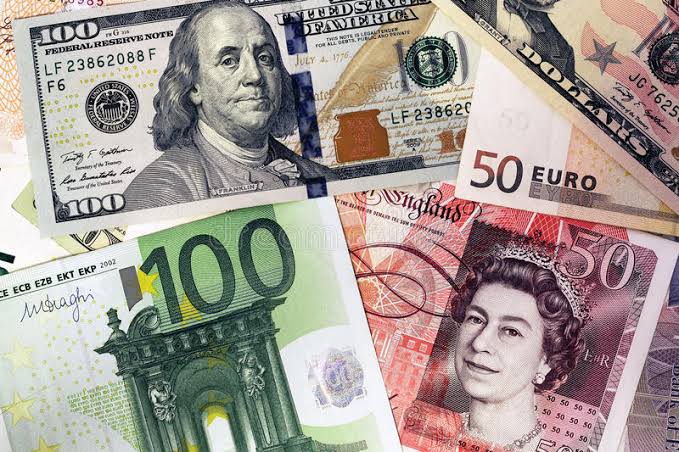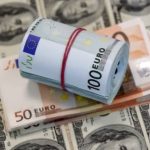Oct 27, 2022
VOT Research Desk
Even though the temperatures in Europe are abnormally high, winter is still coming, and the decline in gas costs could hurt the euro. That is only one of the reasons I believe that the decision made by the European Central Bank will be bad for the EUR/USD.
The choice of the rate comes first. For the second time in a row, economists anticipate the ECB will increase borrowing costs by 75 basis points.
In that case, the main refinancing rate would be 2% and the deposit rate, which commercial banks are paid when they save money in Frankfurt, would be 1.50%. The bank’s representatives made their intentions known. The ECB’s hawkish faction has been validated by rising inflation, which is currently hovering at 10%, much over the target rate of 2%. It appears to be a one-way street going upward.
Increasing energy prices are the main cause of price increases in Europe, although Core CPI has also been excessively high. The prolonged post-pandemic economy and a rise in more unionised Europe have brought underlying inflation to 4.8%. Both numbers indicate higher rate increases.
The major issue is: Is there more in store as the main rate reaches and meets the ECB’s 2% target? ECB President Christine Lagarde hinted that the tightening cycle will come to an end in February in September.
Although there is a lot of uncertainty, markets have predicted that borrowing costs will peak at 3%. The euro and the ECB’s upcoming decisions depend on how the economy develops. Questions concerning the bank’s upcoming decision in December are unlikely to receive direct answers from her, especially since no updated staff forecasts will be available until then. Nevertheless, her assessment of the circumstance and tone are damning.
Due to Russia’s de facto embargo, gas prices are at the forefront of discussion at the moment.
The demand for heating has decreased due to the exceptionally warm autumn, which has also driven down electricity prices. There are no longer any significant concerns about blackouts or rationing because gas storage is above seasonal levels. Higher prices and uncertainty have still had an impact, though.
In addition to talking about higher interest rates despite reduced petrol costs, economists are tripping over themselves to downgrade predictions for the old continent.
It has become popular to predict a recession, particularly for Germany, which depends significantly on gas. The well-known German think tank IFO predicted a “winter recession.”
When discussing the upcoming developments, the ECB has taken care to avoid invoking the R-word. If Lagarde suggests such a course, it would suggest a slower pace for rate increases beginning in December. Perhaps more significantly, forecasts for the peak rate would also fall. The euro would decline as a result.
If she shocks everyone and says a recession is not imminent, it won’t be enough to support the euro. She would raise the local currency.









